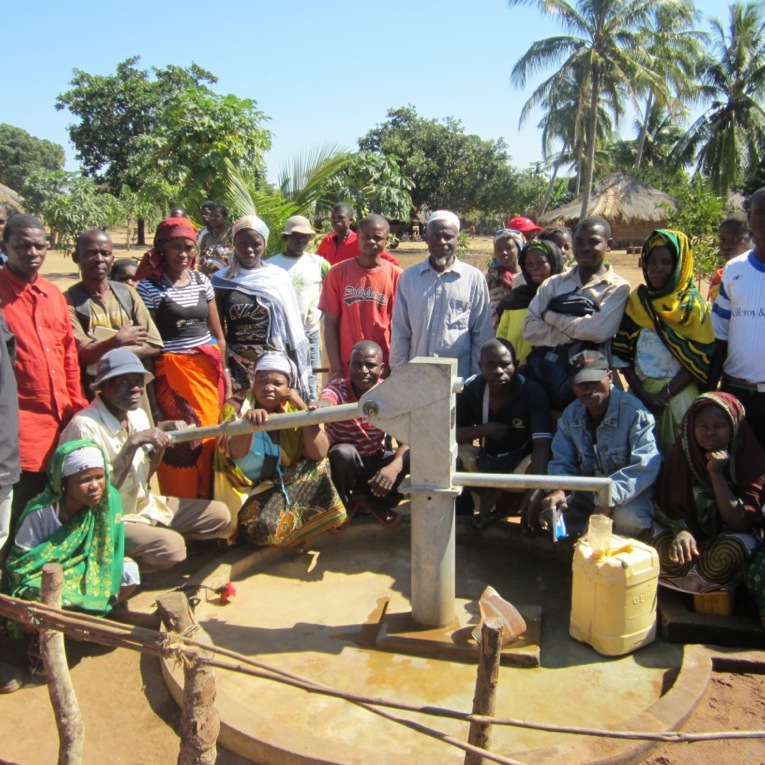July 26, 2013 — In the coastal village of Topa, in tropical northern Mozambique, it was once customary for men to cast their nets for fish while women tilled the family farms for staple crops cassava and maize. But overfishing and deteriorating reefs have made fish scarce, and erratic rainfall has made farming less reliable. The people of Topa needed a new way of doing business. Enter the Primeras e Segundas Livelihoods Project (P&S). Named for the nearby archipelago, P&S integrates the humanitarian efforts of CARE and the conservation works of the World Wildlife Fund to protect threatened ecosystems in the region while strengthening the human communities that depend on them. Working through P&S, villagers and the government of Mozambique, which owns most of the land, formed a legal association that allows the villagers to maintain a fish farm on the beachfront, alleviating stress on wild fish populations. P&S also trains families to rotate crops and increase nutrient retention, leading to higher yields while reducing the adverse impacts of agriculture on local ecosystems.
Ensia shares solutions-focused stories free of charge through our online magazine and partner media. That means audiences around the world have ready access to stories that can — and do — help them shape a better future. If you value our work, please show your support today.
Yes, I'll support Ensia!
